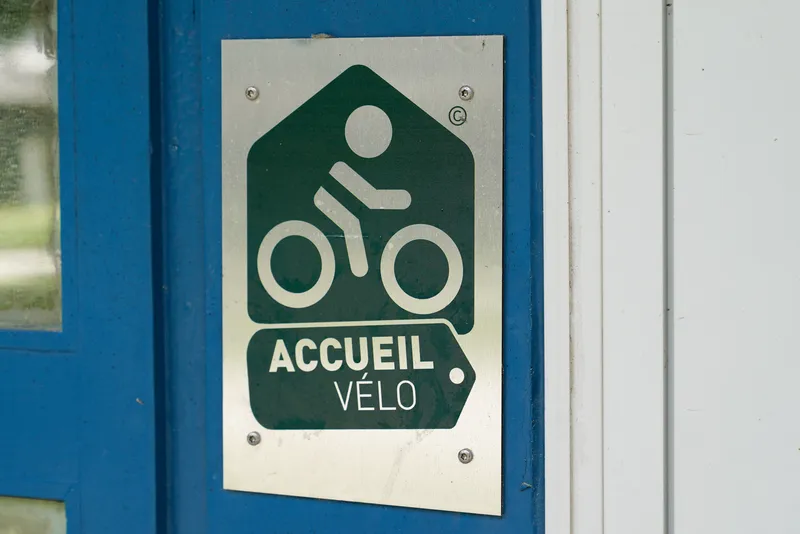
France expects to complete the national long-distance cycling route network by 2030, according to Le Moniteur.
By the end of last year, nearly 80% had been established of the 26,115km route. Around 510km were created last year.
Last month, France 24, a media outlet, reported that visitors to Paris will be able cycle from the city centre to 2024 Olympics sports sites on the capital city’s outskirts next summer.
By July 2024, around 55km of cycling routes will be created to link the Olympic venues in Paris to venues in the north-eastern suburb of Seine-Saint-Denis. Half of these are already completed, according the Paris mayor’s office. Seine-Saint-Denis already has around 130km set out.
But the creation of cycle lanes, especially during and since the Covid pandemic has been criticised by some Parisians, calling the concrete barriers or yellow traffic-separating bollards to create temporary bike routes so-called ‘coronalanes’, named after the coronavirus.
The Paris mayor’s office said many of these temporary lanes would be made permanent and be better demarcated.
As well, around 10,000 bike racks would be placed outside key sport sites such as the Roland-Garros stadium on the southwestern edge of the capital and the Champ de Mars arena near the Eiffel Tower. Another 3,000 permanent parking spots would be added near the Stade de France in Seine-Saint-Denis, regional authorities said.
Early last year, the Ile-de-France region, which surrounds Paris, announced that it will contribute €300m (US$331.3m) towards the first stage of the RER Vélo bike path project. The RER Vélo is an ambitious plan to create new cycling paths and connect up existing cycling paths and lanes to form a 725km network by 2030.
The French capital’s announcement is indicative of a trend towards creating a recognisable cycle network that is more easy for infrequent cyclists to travel along without fear of getting lost.
After the rush to create more cycle routes during the Covid pandemic, municipalities understand that to keep cyclists in the saddle there must be some coordination of what can sometimes appear to be a confusing number of cycle routes and which are not always easily followed.
Of the 21 routes included in the Paris project, 12 are scheduled to be developed by 2025. They will connect the centre of Paris with the suburbs of the French capital, following the lines of the RER regional train network.









